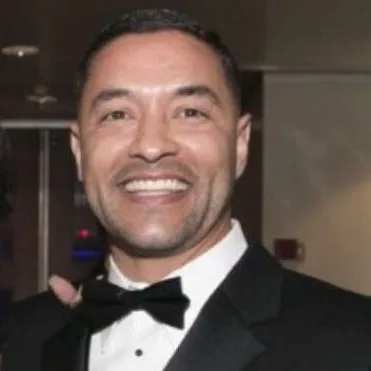Illegal Drugs: The Laws
- in Laws
Get Someone Out of Jail Fast — 24/7 Help
Reliable, confidential bail bonds available anytime, anywhere in California. We move quickly so you can bring your loved one home.
Get in TouchWith the exception of murder and other violent crimes, drug-related wrongdoings are likely the harshest. Anybody with unlawful medications, whether they manufacture or utilize them, will more than likely face incarceration for a long period of time. Not to mention the fines that go along with it.
Why? Because unlawful medications cause genuine well-being issues and even demise for the individuals who use them. They additionally prompt other rough violations, thus posture dangers to everybody’s well-being.
Every state, along with the federal government, has laws against unlawful use, ownership, dissemination, or generation of certain medications. These include cocaine, heroin, cannabis, and methamphetamines. The concept, obviously, is to lessen unlawful medication use and cut down on medication-related violations. If you or a loved one have been charged with drug offenses, you should call a good bail bond agent.
Five Classes of Medications
There are five classes, or “timetables,” of medications in light of their potential for reliance and misuse as contrasted and their remedial or restorative quality. Schedule I controlled substances, (for example, heroin) have the most astounding possibility for reliance and no acknowledged medicinal use. Plan V drugs (like codeine) have a low potential for reliance and acknowledged medicinal employments.
The punishments are more serious for unlawful ownership (or possession) of Schedule I controlled substances. The US Attorney General can erase, include or reschedule drugs.
Laws on drug violations fluctuate in each state, yet when all is said in done, most states take after the federal government drug plans. State punishments more often than not coordinate with the government plan. Nonetheless, it’s not unusual for states to have stiffer punishments for making, offering or utilizing certain medications, and more merciful punishments for different medications.
The disciplines or sentences for unlawful drug violations, by and large, relies on upon:
- How much of the controlled substance the offender was caught with.
- How the substance is grouped under the calendars.
- The motivation behind ownership; whether or not if the intent was to sell, manufacture, or usage of the substance in question.
The harshest unlawful drug violations are:
- Assembling or manufacturing controlled substances.
- Offering, disseminating or “trafficking” controlled substances.
- Having controlled substances with the end goal of trafficking them.
In the government plan, ownership can be intense wrongdoing – correctional facility time – depending on the controlled substance and what amount is included. On the other hand, ownership may just mean having to pay a fine. Case in point, ownership of a little measure of some controlled substances for individual use might be rebuffed by a $10,000 fine.
In any case, having more than what is considered to be an individual’s personal sum may prompt accusations of ownership with the intention to circulate, which can result in years in jail, a substantial amount in fines; or both. Prosecutors can demonstrate an offender’s aim to solicit controlled substances just by demonstrating the amount of the medication, with no proof the individual ever truly sold or circulated it.
What Should You Ask Your Attorney?
1. If I am convicted for possession of a controlled substance, is there a way to get it expunged?
2. What would it be advisable for me to do in the event that I think an occupant is utilizing my property to make and convey drugs?
The Bail Bonds Process
Bail (bonding) is a money related course of action that ensures that a suspect will go to every single court hearing as requested by the court. Consequently, the suspect can be discharged from prison (or jail) before a trial. In the event that the suspect or litigant does not consent, the safeguard bond may be relinquished. Fundamentally, by posting security, you are tolerating money related obligations that a suspect will come back to court at the named time. Safeguard may be money, resources, or security, and is dictated by the court.
A bail bonds company will ensure you fully comprehend the results and any plan of action you may have.
Courts generally accept 10% towards the amount of a bond before an offender is released from police custody or a correctional facility.
Consider reading about Possession of controlled substances
About the Author

Jose F. Espinoza
Licensed Bail Agent #1841969 · Founder, Espinoza Bail Bonds
Jose F. Espinoza is a U.S. Army veteran, former Military Police officer, and licensed bail agent who founded Espinoza Bail Bonds in 2014. After 25 years of decorated military service, he now brings the same discipline, loyalty, and calm leadership to helping families navigate the bail process. Jose believes in second chances and treats every client with dignity, respect, and compassion.

